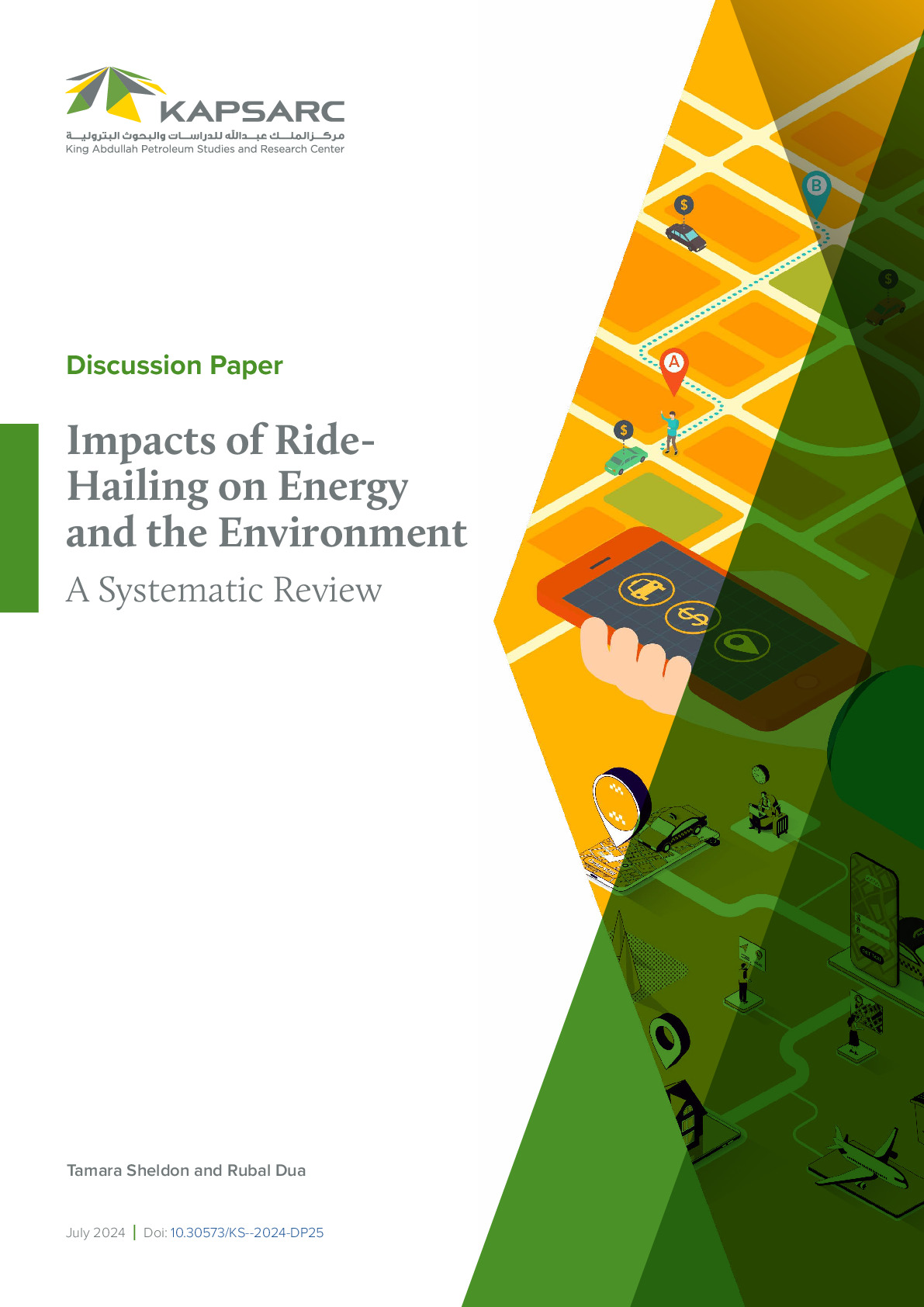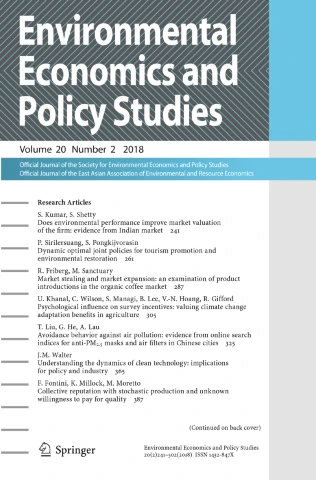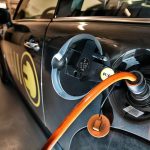Consumer adoption of electric vehicles (EVs) – including hybrids, plug-in hybrids and pure battery electric – is a crucial step in improving energy use and reducing emissions in the transportation sector. To promote adoption, policymakers have employed various demand- and supply-side policies, including incentives, corporate average fuel economy (CAFE) standards, zero-emission vehicle mandates, among others.

Fellow
Rubal is a research fellow at KAPSARC focused on understanding consumer decision making, in particular, consumer choice of energy-efficient technologies…
Rubal is a research fellow at KAPSARC focused on understanding consumer decision making, in particular, consumer choice of energy-efficient technologies and mobility options under alternative technology and policy scenarios. Before joining KAPSARC, Rubal gained a Ph.D. at KAUST designing advanced carbon materials for energy and environmental applications, with a particular focus on energy storage, carbon capture, waste-water treatment, and hydrogen generation via solar water splitting. Prior to that, he worked at the University of Pennsylvania on a semiconductor industry-funded project, developing a continuum modeling framework for simulating the physics of micro defect formation in silicon crystals.
Expertise
- Behavorial decision science
- Consumer adoption
- Energy-efficient mobility and shared autonomous mobility-on-demand
Publications See all Rubal Dua’s publications

Impacts of Ride-Hailing on Energy and the Environment: A Systematic Review
Consumer adoption of electric vehicles (EVs) – including hybrids, plug-in hybrids and pure battery electric…
15th July 2024
Energy Price Reform to Mitigate Transportation Carbon Emissions in Oil-Rich Economies
Consumer adoption of electric vehicles (EVs) – including hybrids, plug-in hybrids and pure battery electric…
2nd April 2024
